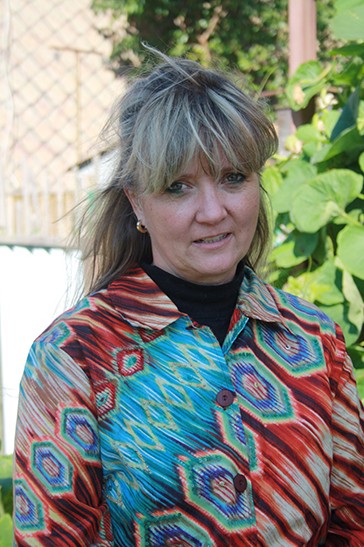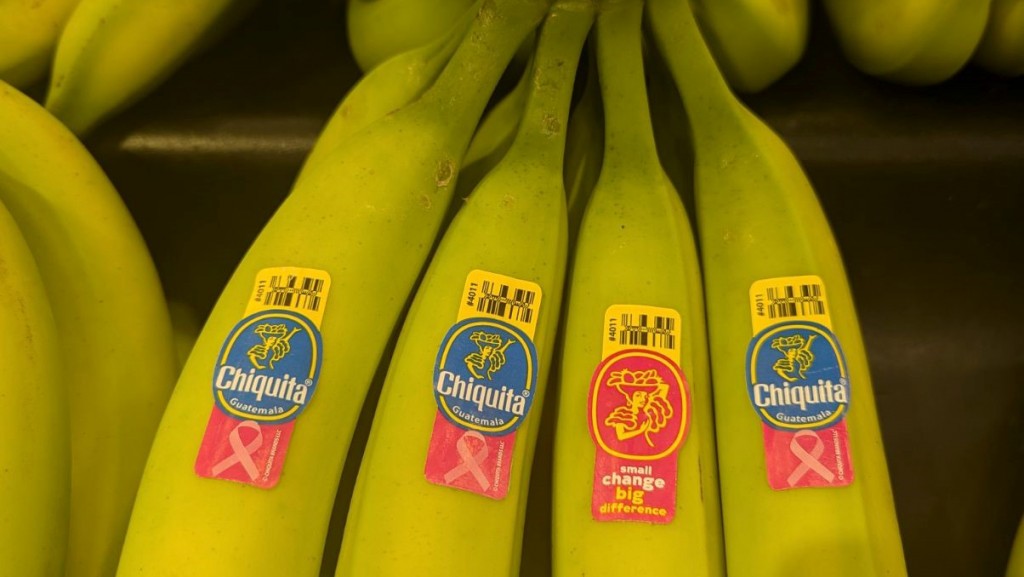Compost quality starts at the source
Educating the organics “collection army” involves development of communications messages that inspire and motivate

At the start of Spring, the work of the organic recycling industry goes into hyper-action. Ongoing processing provides the basis for critical emphasis on sales and availability of compost for a variety of purposes and end markets.
But the compost sales season is short and highly dependent on weather conditions.
As far as internalities go, while our industry's facilities now have established manufacturing systems to turn incoming feedstocks from raw to quality finished compost, as well as digestate, the precision of control over processes and final products remains very dependent on the physical quality of input material. This quality is highly impacted by the everyday decisions of residents and businesses and by what they choose to toss into an organics collection container.
Unlike the backyard compost bin, which more than ever is tied to the gardening interests of the household to which it belongs, the easy anonymity of large-scale collection brings challenges - particularly when the green bin or other organics collection container is viewed simply as an alternative to the garbage bin, rather than the means to return valuable resources back to our soils.
As the organics recycling industry, we have yet to fully communicate the purpose of each person's actions in the collection process and how significantly their everyday contributions and decisions affect composting conditions and the ultimate quality of our soil products. As members of the industry, we know the importance of nutrient cycling. We have realized the joy of turning organic "waste" into its higher purpose - to complete life's cycle, to "feed the soil."
We still, however, have a long way to go to instill this purpose-filled motivation throughout our "collection army" and networks - but the effort is essential to bump up the quality, and quantity, of our industry's final product.
Two recent initiatives of the Compost Council of Canada have roles to play in the industry education effort. The recent completion of the Biology of Soil Health education program, supported by the Agricultural Adaptation Council and Growing Forward 2, as well as Greening Waste Management from the Bottom Up, supported by Ontario's Partners in Climate Action, are both providing the means to develop communication messages to inspire and motivate.
With a rallying cry of "Be a Soil Builder", the Biology of Soil Health program has been created to educate farmers about the critters of the soil food web, the workforce beneath our feet responsible for natural fertility, soil aggregation and disease suppression, while also helping sequester carbon.
Through an interactive workshop, complete with microscopes to examine soils brought in by farmers, print and audio workbooks as well as interactive quizzes, the agricultural community is introduced to the soil community and the many micro- and macro-organisms which they can put to work for increased fertility, productivity and to help combat climate change.
The learning shared in these sessions is presented in a way that allows farmers to draw their own conclusions, deciding how best to encourage and motivate their soil's workforce to attain better, more sustainable results through improved soil health.
With the Compost Council of Canada's agricultural workshop package now prepared and with sessions completed through our recent COMPOST MATTERS regional workshops, we will be morphing this learning module into sessions that will be equally relevant and motivational for gardeners, landscapers and other groups that work with soils.
A second recent initiative, Greening Waste Management, is a partnership between the CCC and the DUKE HEIGHTS Business Improvement Association (BIA), an organization which represents over 2,500 businesses in the northwestern part of Toronto, employing more than 32,000 employees.
In this initiative, 25 to 30 businesses will be voluntarily participating in an examination of their current waste management practices, with their employees being educated on the links between waste and climate change. Following waste audits, custodial and employee teams will be created and then supported to develop a "Carbon Challenge Plan" to increase waste diversion as well as reduction and other zero-waste efforts, while also reflecting the practicality of economics.
Finding a way to involve and motivate as well as achieving quality diversion are fundamental to this initiative's goals. Any successful results will not only be incorporated within the participating businesses and throughout the BIA, but will also become available for others to adopt.
Compost has such an essential role for life on this planet. It is our duty to find the means and ways to capture the organic residuals that we all create - at our workplace, at home and throughout our daily routines.
Susan Antler is the executive director of the Compost Council of Canada.
The National Organics Recycilng Conference and annual convention of the Compost Council of Canada takes place September 19-21 in Montreal, Quebec.
This article was originally published in Recycling Product News, April 2018, Volume 26, Number 3.



